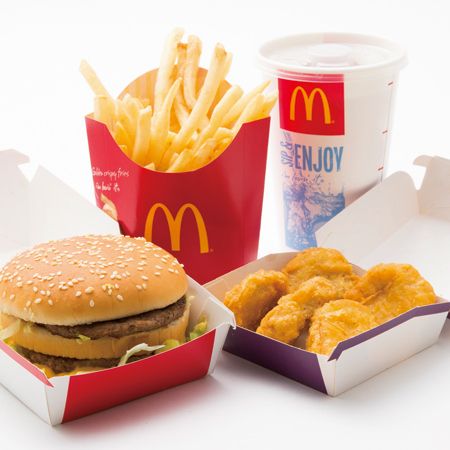A recent study has shed light on the potential connection between a high consumption of processed foods and an increased risk of developing depression, particularly in women. Published in the JAMA Network Open journal, the study underscores the significance of dietary choices, especially those involving artificially sweetened foods and beverages.
Processed Foods and Depression: Uncovering the Link
This groundbreaking study delves into the intersection of dietary habits and mental health, revealing a concerning correlation between processed food consumption and depression risk. The research, conducted among over 31,000 women aged 42 to 62, draws from the extensive data of the Nurses’ Health Study II—a renowned long-term observational study group.
Key Findings of the Study
The study’s findings are striking: individuals who regularly consumed nine servings of ultraprocessed foods faced a higher likelihood of developing depression compared to those who limited their intake to just four servings. These results offer valuable insights into the impact of dietary choices on mental well-being.
Melissa Lane, a postdoctoral researcher from Deakin University’s Food and Mood Centre in Australia, emphasizes that this study aligns with global observational research. Such studies consistently highlight the association between heightened ultraprocessed food consumption and an elevated risk of depression.
Unraveling the Mechanism: Artificial Sweeteners and the Brain
While the precise link between ultraprocessed foods and depression remains a subject of ongoing research, recent experimental data suggests a potential avenue of influence—artificial sweeteners. These additives may trigger purinergic transmission in the brain, potentially contributing to the development of depression. However, further investigation is required to establish a definitive connection.
Defining Ultraprocessed Foods
Ultraprocessed foods, as characterized by USA Today, are products that contain minimal to no energy-dense whole foods. Typically high in fat and salt while lacking in fiber, these items often consist of substances extracted from foods. The category encompasses a wide range of products, including fast food, frozen meals, sodas, hot dogs, and more.
Beyond Depression: Risks Associated with Ultraprocessed Foods
The implications of excessive ultraprocessed food consumption extend beyond depression. A study featured in the American Journal of Preventive Medicine reveals a heightened risk of noncommunicable diseases, such as diabetes, cardiovascular diseases, cancer, and increased all-cause mortality. Research conducted in Brazil underscores that consuming substantial quantities of ultraprocessed foods can even be a significant contributor to premature death. This eye-opening study underscores the profound impact of dietary choices on mental health and overall well-being. While the precise mechanisms connecting ultraprocessed foods to depression warrant further investigation, the findings emphasize the importance of mindful eating for mental and physical health. It is imperative to recognize that dietary decisions have far-reaching consequences, and a balanced, whole-food-based diet may play a crucial role in safeguarding mental health.


